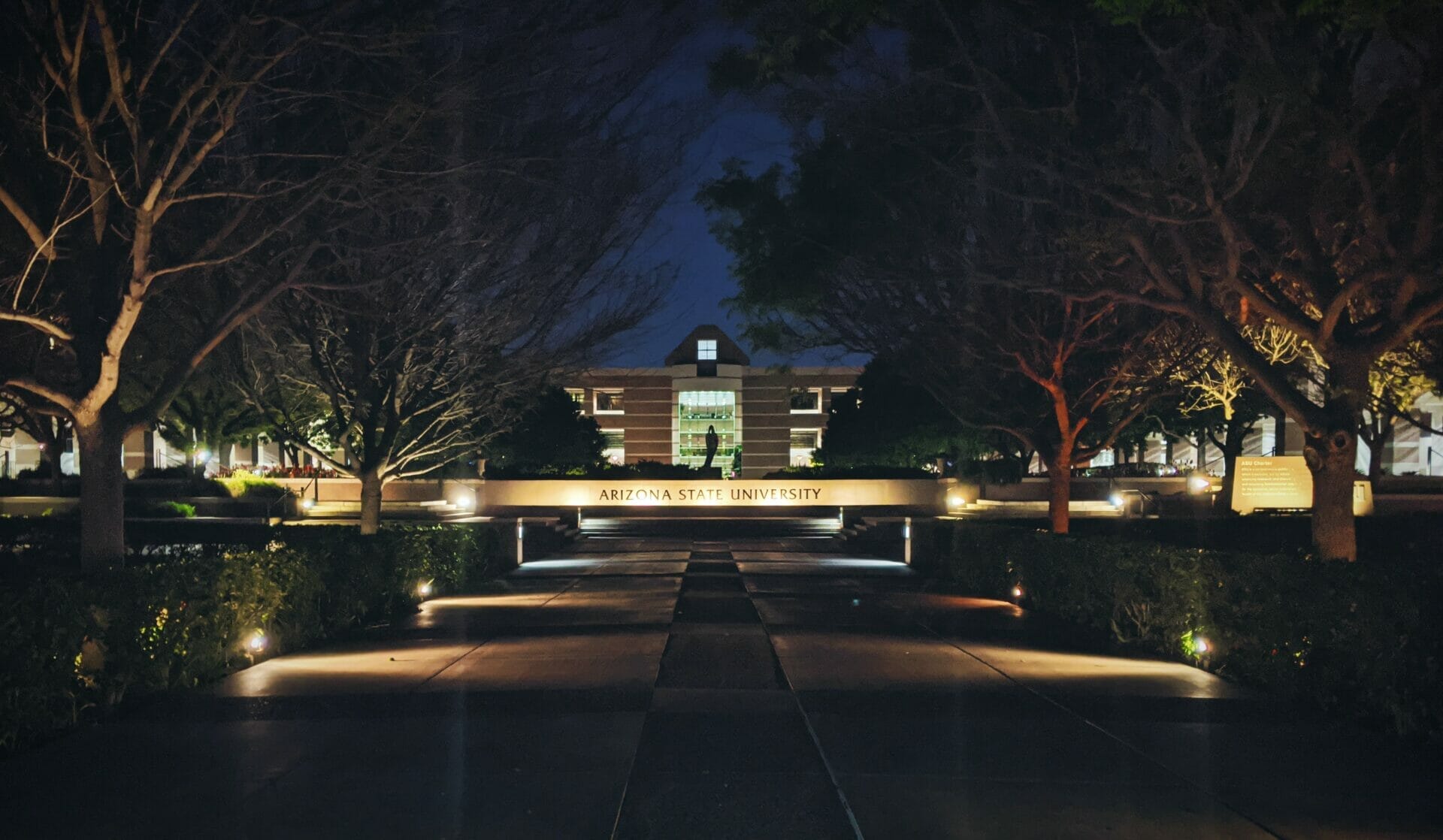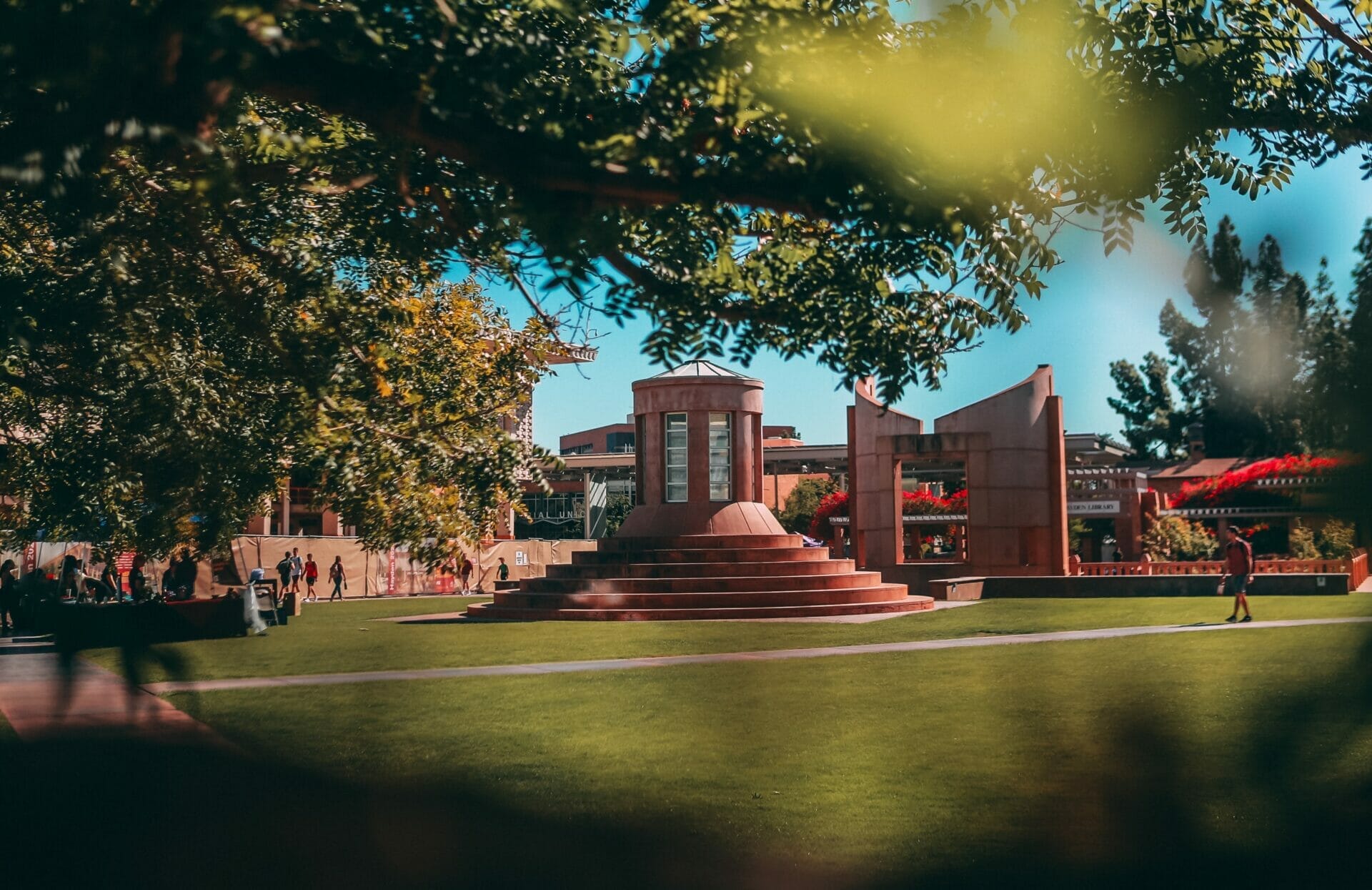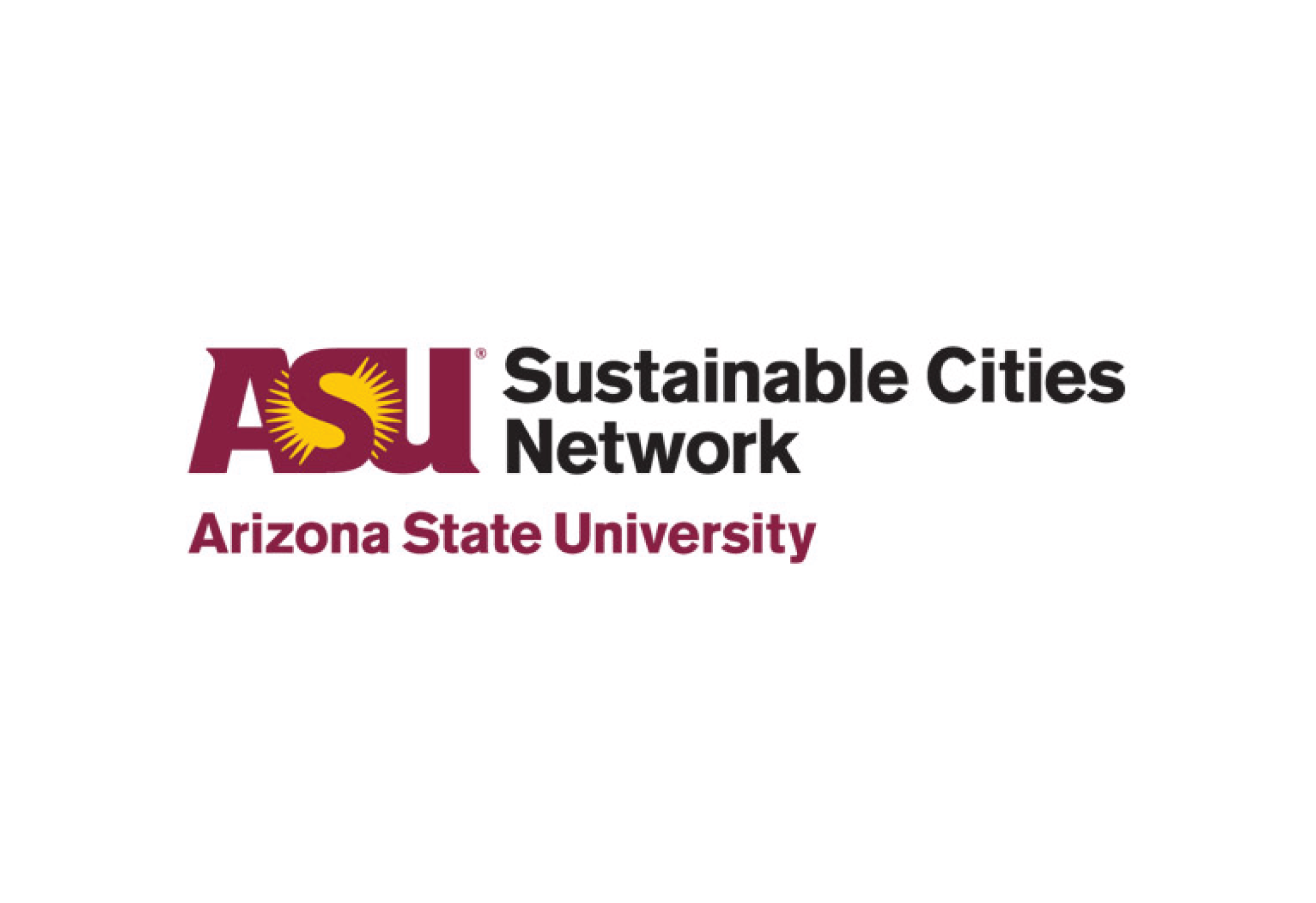
About
Project Cities is a university-community partnership
Arizona State University students in designated courses work directly with a local city on predetermined, sustainability-related projects and challenges.
Students from multiple disciplines research difficult problems chosen by the city and propose innovative sustainability solutions that enable the city to make progress toward a better future. Students benefit by learning to integrate social, economic and environmental sustainability knowledge into realistic solutions. In the process, participating cities may identify sustainable solution pathways for complex problems.
Modeled after the highly-successful Sustainable Cities Year Program (SCYP) at the University of Oregon, Project Cites is part of the Educational Partnerships for Innovation in Communities Network (EPIC-N), a growing international coalition of over 30 universities implementing this impactful teaching/learning model.

ASU’s design aspirations
Project Cities exemplifies many of ASU’s New American University Design Aspirations, including leveraging our place, enabling student success, fusing intellectual disciplines and transforming society. The program will allow students to learn through hands-on experience and provide local cities with innovative ideas that positively impact their future.
Project Cities partners

Sustainable Cities Network
Sustainable Cities Network is a vehicle for communities to share knowledge and coordinate efforts to understand and solve sustainability problems. The network fosters partnerships, identifies best practices, provides training and information and creates a bridge between ASU’s research and front-line challenges facing local communities.

Educational Partnerships for Innovation in Communities Network
EPIC-N is the national organization that connects programs like ASU’s Project Cities nationwide. It currently focuses on the following four goals:
- To actively increase the number of universities and communities implementing the EPIC Framework
- To support and enhance existing EPIC programs through various forms of peer-to-peer learning and support services
- To provide a conduit for new knowledge on selected social and environmental issues to universities and communities
- To alter the national discourse about the role, structure and performance of the nation’s higher education institutions in meeting some of society’s most pressing social problems